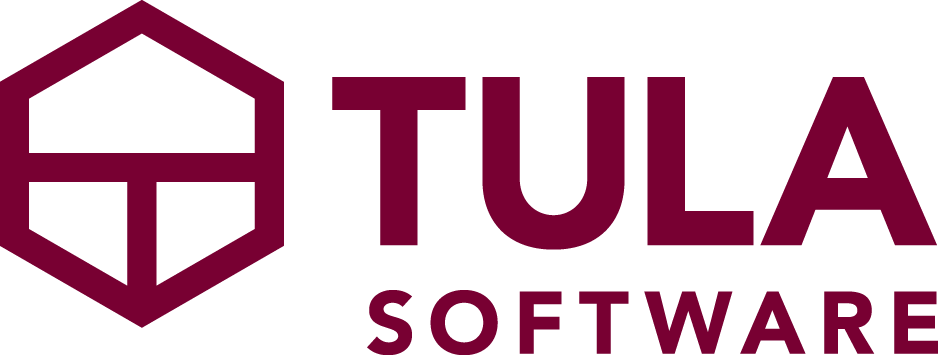So how are you different than Mindbody?
This is the most common question we get, to which our customers and prospective customers, now more than ever, deserve an answer to.
As Vista Equity Partners, one of the world’s largest private equity firms, begins to take control of Mindbody following their $1.9 Billion acquisition of the company, it is worth revisiting the myriad of ways in which we differ from our primary competitor, and how Tula Software, this small family owned software company, can still be a better fit for so many independent studio owners.
First, the problem with this question, is that it’s a deep question to which people often expect a shallow answer. Yes, our systems are both ones that help you take payments, handle registrations, and help you run your class based business.
Our differences go deeper to the core of how we view the internet. How it can empower individual people, entrepreneurs and small businesses. And we see the very real ways in which the combined forces of the finance and technology industries have influenced companies and the products they birth.
Sometimes for good. Sometimes not.
Tula helps your studio succeed by providing you with the most modern technical tools available, so you can maintain the most direct connection with your customers, in an ever increasing competitive industry landscape. This is decidedly different than what mindbody is doing, which is building a marketplace to which customers will (supposedly) come, and then find you, the commoditized business on the Mindbody platform.
What we know, that you may not, or that you may not have processed the way we do, is that there are literal tens of billions of dollars competing for the brick and mortar space you have, and the information you have about who attended, when they attended, how much your classes cost, and how much “inventory” you have remaining.
For companies that collect and sell data, you are a gold mine.
Groupon, ClassPass, Google Reserve, Facebook, Instagram and on and on and on. Literal industry titans are clamoring over how to get in between you and your customer, so that your customer will interact with them.
NO! we proclaim. This is not how you build a long term healthy business. This is junk-food marketing. You want to bring your customers to your website. You want to foster your relationship with them, having them interacting with your brand, communicating with your business, and you communicating with them in a way that’s relevant to them.
So we have widgets, and marketing tools, and all sorts of features to basically get out of your way! What we care about is that your business is well served. And that it’s healthy. That you have a solid base of members and that your community is strong.
We release features like our virtual audio attendances, not because we want to become an audio consumer yoga platform, but because we want your small business to be able to compete.
As Pelatons and Mirrors and numerous other content delivery apps compete for your customers, we wanted our customers to have an answer to this competitive threat.
And so the answer is the same as it’s been for some time.
The shortest answer we can provide to the question posed?
They’re building software for commodities, Tula is building software for communities.
And to the communities we’ve been serving since 2011, we can’t wait to share with you what we have in store for 2019, and beyond.
